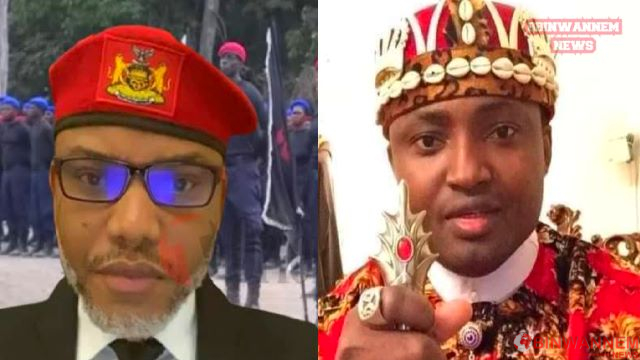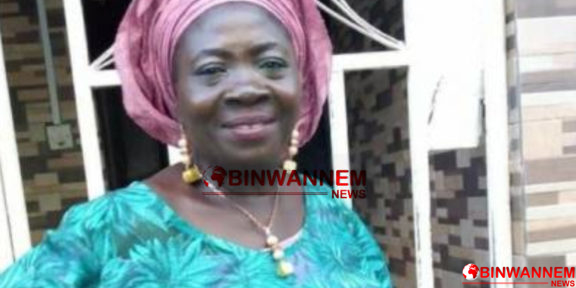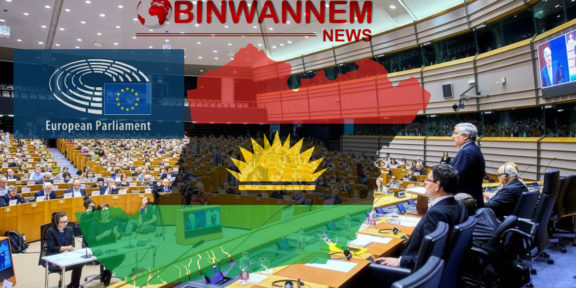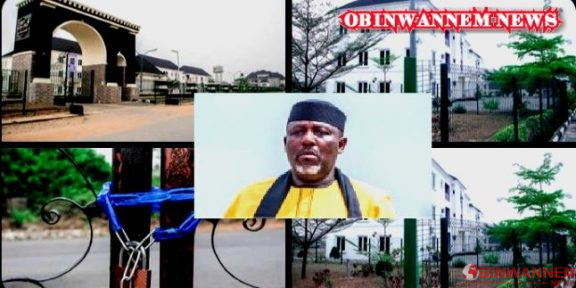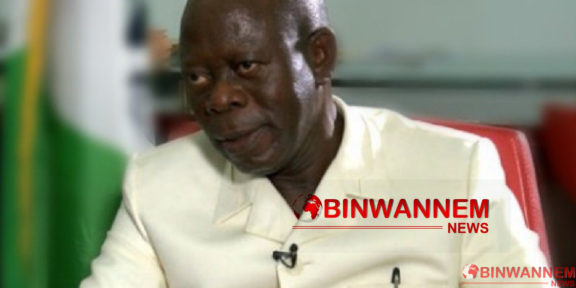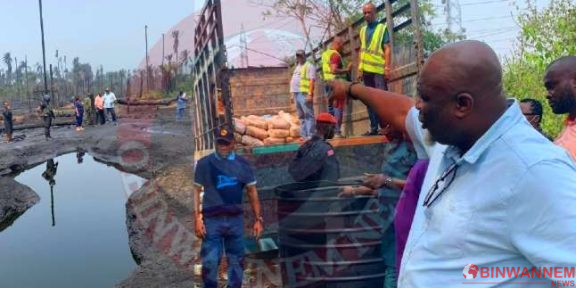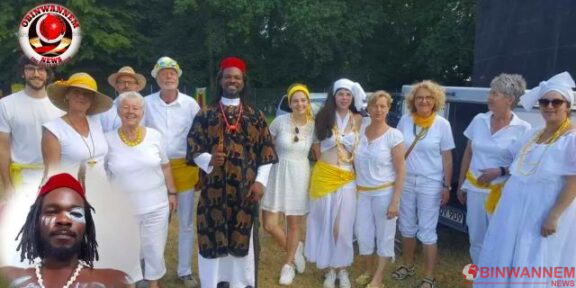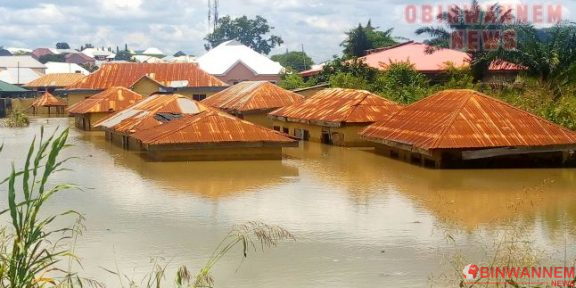While Simon Ekpa’s call for a sit-at-home order may be seen as an expression of frustration and discontent among some members of the Igbo community, it is essential for Ohanaeze Ndigbo and other stakeholders to approach the situation with a more constructive perspective rather than viewing it as sabotage to the development of the South East zone.
Addressing the issue of sit-at-home orders and violent agitations requires a nuanced and comprehensive approach that focuses on dialogue, inclusivity, and long-term solutions. Here are some reasons why Ohanaeze Ndigbo should not see Simon Ekpa’s sit-at-home order as sabotage to the development of the South East zone:
Right to Protest and Expression: Sit-at-home orders, in essence, are a form of protest and a means for individuals to express their grievances and demand attention to pressing issues affecting them. It is a constitutional right for citizens to peacefully protest and make their voices heard. Instead of viewing it as sabotage, it should be seen as an opportunity to understand the underlying reasons behind the call for such actions.
Addressing Genuine Grievances: The sit-at-home order, like many forms of civil disobedience, often arises from genuine grievances and feelings of marginalization. By engaging in a constructive dialogue with relevant stakeholders, including Biafra agitators, the root causes of these grievances can be addressed, leading to a better understanding of the issues and possible solutions.
Promoting Peaceful Solutions: Rather than responding with force or viewing it as an act of sabotage, embracing a peaceful and reconciliatory approach can help in finding common ground and achieving sustainable peace in the region. Resorting to punitive measures may escalate tensions further and worsen the situation.
Seeking Political Representation: The call for sit-at-home orders may also be a reflection of the need for increased political representation and participation of the Igbo people. By addressing these concerns and ensuring inclusivity in the political process, there is a higher chance of building trust and cooperation between the government and the Igbo community.
Regional Development Initiatives: President Tinubu and the federal government should actively collaborate with Southeast Governors to implement development initiatives that address the socio-economic issues in the region. By focusing on infrastructure, job creation, and other developmental projects, the government can demonstrate its commitment to the well-being of the Igbo people and create an atmosphere of progress.
Empowering the Youth: The youth in the Southeast should be empowered through education and skills development programs to address unemployment and social exclusion. Providing them with opportunities for growth and participation in the economy can positively impact their perception of the government and reduce their willingness to engage in disruptive activities.
Healing Wounds of the Past: The Southeast has a history of conflict and division, which has left scars on the collective memory of the people. By promoting reconciliation efforts and addressing past injustices, the government can foster an environment of healing and unity, leading to a more stable and harmonious region.
Respecting Human Rights: In handling civil disobedience and agitations, it is essential for security agencies to respect human rights and act with professionalism. Excessive use of force can further alienate the population and exacerbate the situation.
In conclusion, rather than viewing Simon Ekpa’s sit-at-home order as sabotage, Ohanaeze Ndigbo and other stakeholders should approach the situation with empathy and a willingness to address the underlying issues behind the call for civil disobedience. By engaging in constructive dialogue, promoting inclusivity, and implementing sustainable development initiatives, it is possible to restore peace and stability in the Southeast and foster a more prosperous future for all its residents.
Written by Nwokwu Chukwuemeka (Obinwannem correspondent Ebonyi State reporting) Obinwannem News
Published by Ugwu Okechukwu (Obinwanne Ndi Igbo)


